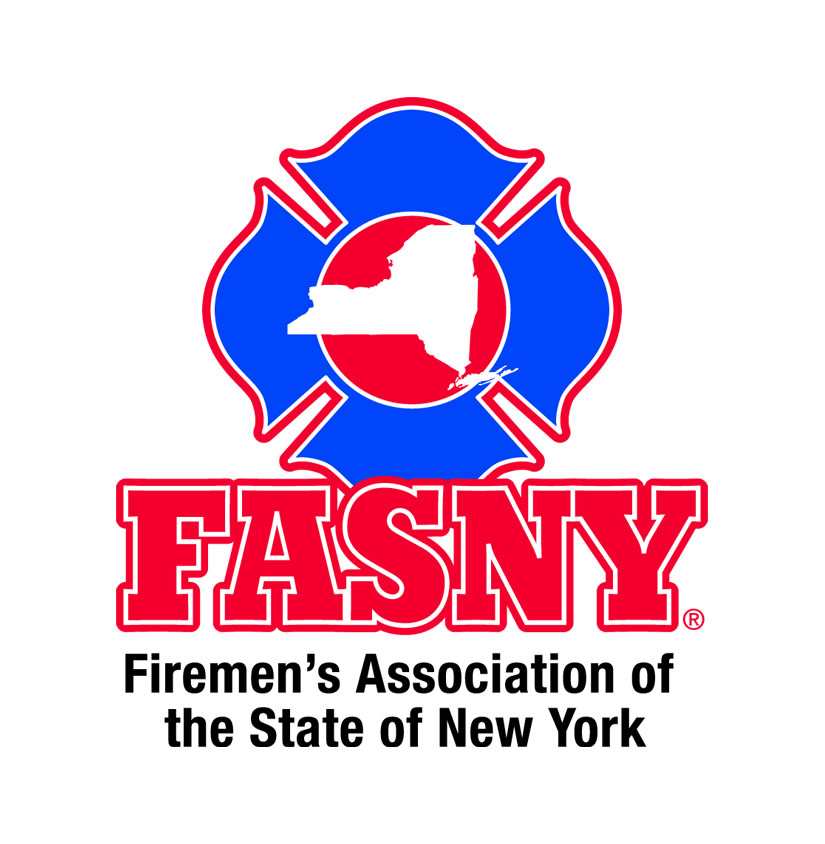FASNY sounds the alarm as NY’s lead in fire deaths continues

A July 8 house fire in New Scotland added four more individuals to the state’s mounting residential fire death toll for 2023. In 2017, 2018, and 2019, New York led the nation in fire deaths. Once again, the state is currently on track for the same dishonorable mention in 2023. Earlier this year, FASNY cautioned that New York was again poised to lead the nation in fire fatalities, with 45 residential fire deaths reported as of March 14. That number had climbed to 98 by July 14 – almost double the number of home fire deaths in the next leading states of Texas and Ohio (59), Pennsylvania (57) and California (55).
These fatal fires do not discriminate in locale. Destructive and deadly house fires have occurred not only in the dense neighborhoods of New York City but also on Long Island, Buffalo, the Hudson Valley, the Adirondacks, the North Country and other communities around the state where volunteer firefighters provide the vast majority of response.
The tragedy in New Scotland occurred early in the morning on Saturday, July 8. According to a 911 distress call, two individuals were unable to escape due to an air conditioning unit in the window. It was unclear if there were smoke alarms in the home. No firefighters were injured after more than a dozen volunteer fire departments responded to the scene.
Whether it be a fire caused by exploding lithium-ion batteries or something as simple as home cooking, ensuring all homes have working smoke detectors will save lives. Nationally, two-thirds of residential fire deaths occur in homes where there were either no smoke alarms or no working smoke alarms. According to the United States Fire Administration, 48 of the 98 fire deaths in New York this year occurred in residences with no working smoke alarm. Families facing today’s economic challenges may not have the resources to purchase these devices, putting them at greater risk of injury or death in the event of a fire.
The Firefighters Association of the State of New York (FASNY) is a staunch supporter of fire safety public education and is working steadfastly to bring awareness to this issue and create change. Preventing fires is a key step in reducing fire deaths and injuries. FASNY also supports economic incentives to make fire safety equipment more readily available, including putting forth legislation to create a tax exemption for smoke detectors and other home fire safe items, restoring fire and building code funding for localities and increasing code enforcement and penalties for code violations.
Even with the best fire safety education, prevention and code enforcement efforts, fires will still happen. Retaining and building up our contingent of volunteer firefighters statewide is critical to maintaining an environment of readiness and response. In addition to hosting the annual statewide RecruitNY volunteer recruitment effort, FASNY continually advocates in Albany for policies that would support the recruitment and retention of volunteer firefighters. This includes the efforts to recognize the service of our state’s 80,000 volunteers via tax incentives and other policies and programs. FASNY reported earlier this year that New York’s volunteer firefighters save New York taxpayers $4.7 billion annually through their service.
“The number of home fire deaths in New York this year is startling and disappointing,” said FASNY President Edward Tase, Jr. “Code enforcement reform, tax-free fire safety devices and adequately staffed volunteer fire departments are important factors that can contribute to a safer New York for all. We are calling upon the State to take immediate actions to increase fire safety. In the meantime, we encourage all residents to ensure their smoke detectors are working and that there is at least one present on each floor of the home, especially outside sleeping areas. The seconds a smoke detector can give residents during an emergency can truly be lifesaving.”
Provided information



